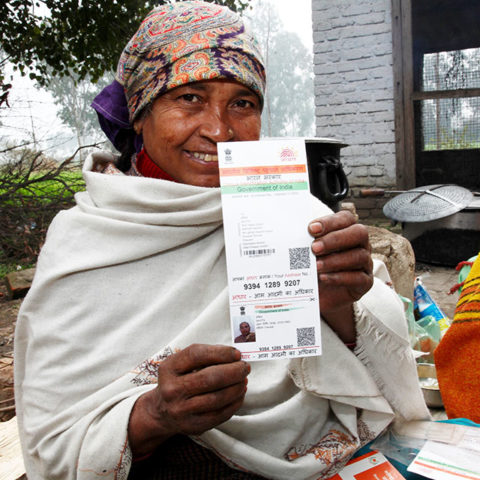
Changing discriminatory laws
At the International Leprosy Symposium in January, Brent Morgan shared the experience of ILEP member The Leprosy Mission (TLM) in working towards the repeal of all laws that discriminate against persons affected by leprosy. These laws exist in at least 23 countries, and include 93 laws in India alone, mostly at subnational (state) level. ILEP members are working in India with organisations of persons affected by leprosy and the Vidhi Centre for Legal Policy, in efforts to repeal or amend these laws.
In Nepal, persons affected by leprosy, ILEP members and others have been working closely together over several years to have a discriminatory marriage law amended. The Law Council and Justice Ministry have prepared a proposal to be tabled in parliament, and a strong consensus of support has built up in support of amendment, which it is hoped will pass in 2023.
Overall, TLM’s experience has been that there is no one set lobbying approach. Different government departments can be key actors in different jurisdictions. In India, for example, TLM’s starting point is to work with State Disability Commissioners, but lobbying is often undertaken with other duty bearers as well. Sometimes, government officials are unsure of how to proceed rather than being unwilling to do so. In one jurisdiction TLM has been asked to assist in drafting five sets of amending legislation. Since each government or jurisdiction is different, lobbyists need to tailor their approaches.
Some other key lessons from TLM’s experience are:
- Significant time is needed to lobby many different government departments and officials.
- Government officials change: sometimes the whole lobbying process needs to start again.
- Involvement from the highest levels of government is more likely to be successful.
Repealing discriminatory legislation is important, but not enough by itself. Customary laws, traditions and societal attitudes remain a major barrier to achieving zero discrimination at community level. Brent described three interventions TLM is undertaking to promote zero discrimination:
- Livelihoods. TLM’s observation is that persons affected by leprosy who have an income or livelihood are less likely to be discriminated against. Hence the investment by TLM, and some other ILEP members, in livelihoods and employment programmes.
- Self-Advocacy by persons affected by leprosy. This is seen as the most effective advocacy. TLM trained 8,500 people in self-advocacy in 2021 and is currently following up to find what type of advocacy these people engaged in after the training, and what impact that had.
- Mobilisation of persons affected by leprosy through self-help groups. TLM, one of several ILEP members working with self-help groups, supports 2,200 groups globally. In group surveys, 95% of group members say they have improved social inclusion in their communities